Reporter (PV): Can you share your sympathy between the hard, dry, meticulous profession of archaeology and the soaring inspiration when composing music?
Musician Nguyen Lan Cuong (NLC): I learned music quite early, since I was 10 years old, and composed my first song in 1959, when I was only 18. After that (from 1965), I started working as an archaeologist. Since then, music and archaeology have gone hand in hand in my life, now 80 years old.
I have traveled a lot for work, to remote areas, encountered many human situations, witnessed many events. Those things moved me a lot. That is also the inspiration for me to write music. The memories of my work trips come back in my songs and that is also the reason I chose to name my latest book “Diary on the Sol Lock” which has just been released to readers.
Also from my business trips, I try to transfer my emotions and thoughts about the scene and people into my works. For example, I went to the remote village of Dac Me (Bo Y commune, Ngoc Hoi, Kon Tum) near the Vietnam - Laos - Cambodia border junction and met a young Brau ethnic child there. I asked him: "What job do you want to do when you grow up?". The child answered very naturally: "I just want to be a teacher. My village is very hard, teachers come and go back. We don't have teachers, only soldiers teach us. When I grow up, I will be a teacher to teach my village". I also went to a very remote village in the Northwest region, met a H'Mong child, he also said: "There are no teachers, only the whole army teaches us". I was very moved and chose that theme to compose the songs “What career do you like to do” (this song won an award from the Vietnam Musicians Association) and “The soldier taught me letters”. Or the three-chapter choir “Geological Song” I wrote because I saw the sympathy between the geological profession and the archaeology profession - both working hard with the land, both happy when there are discoveries from (under) the ground… The business trips have inspired me to compose many works.
With social topics, I feel responsible not only as a scientist but also as a musician. Therefore, I always follow the current events and my musical emotions follow them. Just to name one thing, during the fight against the Covid-19 epidemic, my family had 9 medical staff participating in the fight against the epidemic. I live close to them and understand their hardships, sympathize and empathize with them. Looking at my relatives, I know how much harder other doctors have to work. That's why when I came across Vu Tuan's poem, I was so moved that I composed the song "If this afternoon you don't come back" in just three hours and the song was quickly recorded and broadcast. I received many responses and encouragement from TV viewers, which was very touching. Some people even sent me money, some even gave me a camera. I also have more means to interview (document) veteran musicians… (laughs).
PV: You have devoted much love and passion to writing for children and have had many successes. Can you share with readers what has led to that success and the ideas you want to share with musicians writing for children?
NLC: I find it very difficult to write for children. Children are innocent and fair. If a song is good, they will sing it, if it is bad, they will not sing it. You have to write it in a way that is pure and innocent so that they will enjoy it and then sing it. I try to speak like children, look like children, think like children. Perhaps that is why my song "Red light stop, green light go" won the highest prize from the National Traffic Safety Committee in the songwriting contest on the topic of traffic safety - not necessarily because of the music but mainly because of the idea and the target audience. I witnessed a child sitting in the back criticizing his father for running a red light, not like the teacher said "red light stop, yellow light prepare, green light go". From the child's words and ideas, I composed this song very quickly and was successful.
I also see that nowadays there are too few good songs for children and the phenomenon of children singing songs for adults is quite common, even on television. I have also talked to musicians to pay attention to that issue. We need to invest more in this topic area. There is no shortage of children's topics, it's just that when composing for children, we have to be friends with children, confide in children. Sometimes we need to forget our role as musicians...
I also think a lot about music education for children. I have thought about the idea of bringing traditional music into schools for a long time and there are musicians who have joined that idea. It is absurd that in our music teaching, there are more folk songs from other countries than our own… And we need to gradually change this.
PV: Can the musician reveal a little about his future work plans?
NLC: I still have a lot of work to do… There are three books that I have to complete “at all costs” (laughs): “What do the skeletons tell you?”, the second book will summarize my research on paleoanthropology and the third book is “In search of the secrets of ancient tombs”. Regarding music, I also have to complete three choral chapters about the famous person Nguyen Trai. Those are big tasks, in addition to the regular work of the Association (Vietnam Archaeological Association and Hanoi Music Association) I still have to do as usual, I also have to teach the children in the Hanoi Harmony choir every Sunday…
PV: Thank you Associate Professor - Musician Nguyen Lan Cuong! Wishing you good health!
Source: https://nhandan.vn/pgs-nguyen-lan-cuong-nhac-va-khao-co-trong-mot-post642256.html


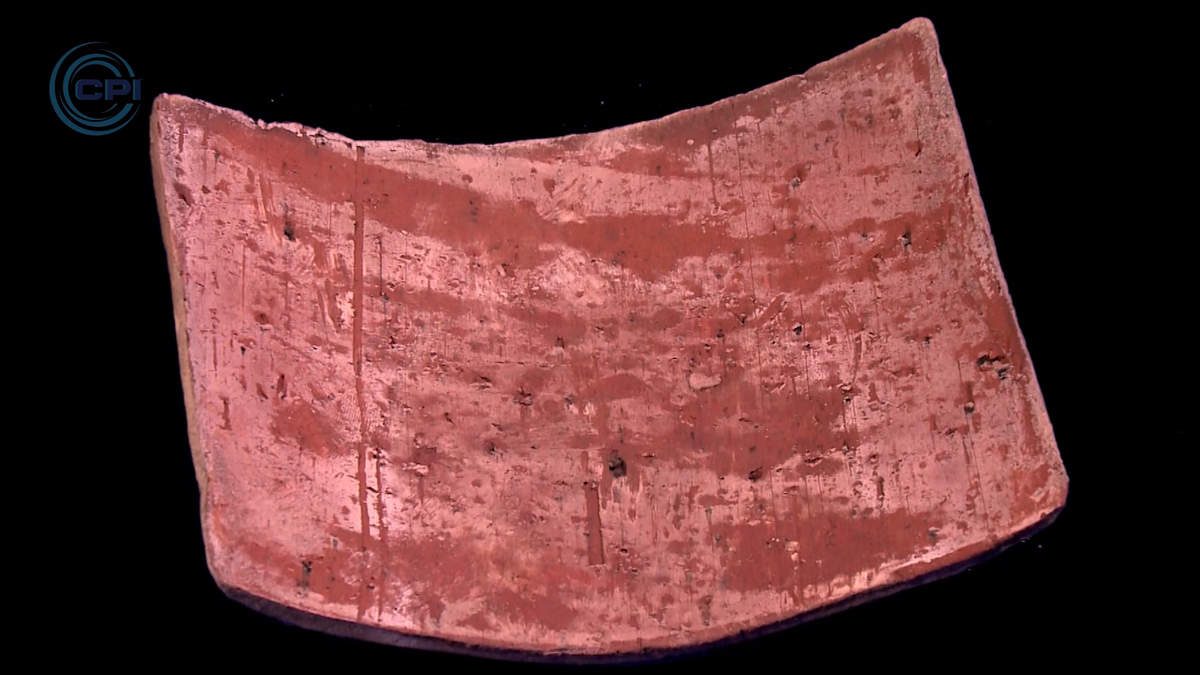
![[Photo] National Assembly Chairman works with leaders of Can Tho city, Hau Giang and Soc Trang provinces](https://vphoto.vietnam.vn/thumb/1200x675/vietnam/resource/IMAGE/2025/5/11/c40b0aead4bd43c8ba1f48d2de40720e)
![[Photo] Prime Minister Pham Minh Chinh chairs the fourth meeting of the Steering Committee for Eliminating Temporary and Dilapidated Houses](https://vphoto.vietnam.vn/thumb/1200x675/vietnam/resource/IMAGE/2025/5/11/e64c18fd03984747ba213053c9bf5c5a)
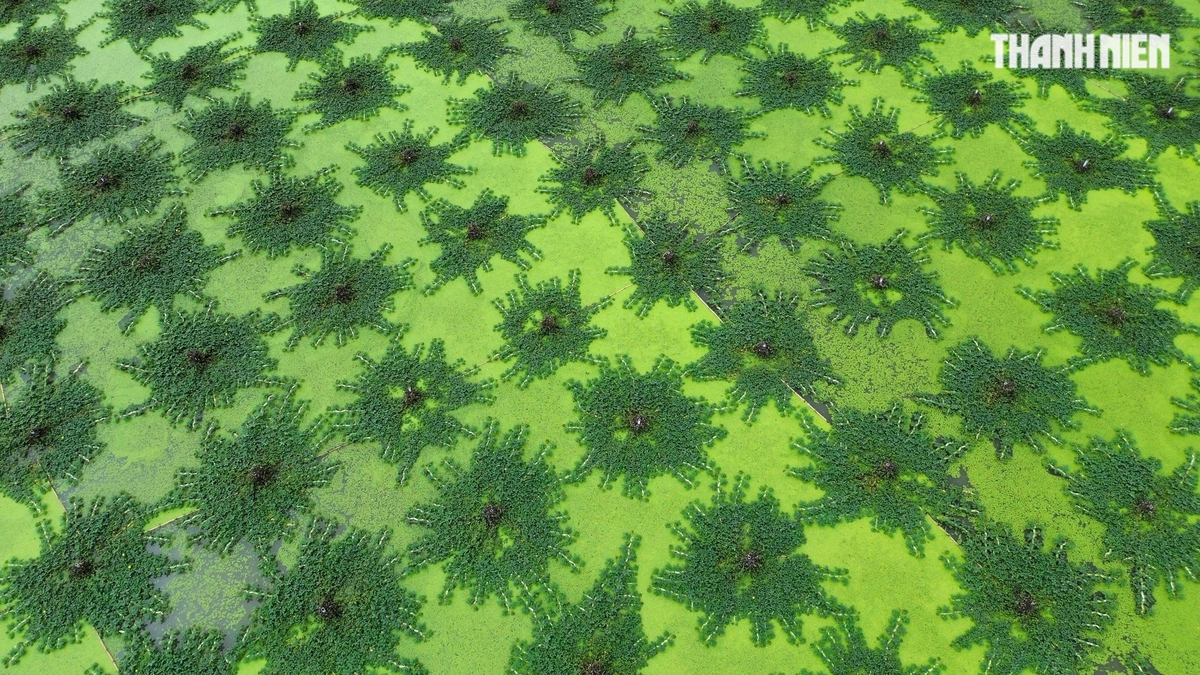

![[Photo] The moment Harry Kane lifted the Bundesliga trophy for the first time](https://vphoto.vietnam.vn/thumb/1200x675/vietnam/resource/IMAGE/2025/5/11/68e4a433c079457b9e84dd4b9fa694fe)


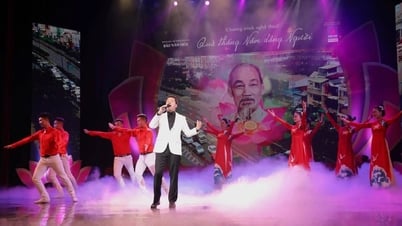
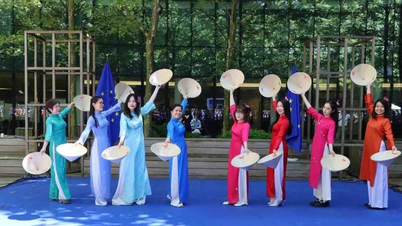
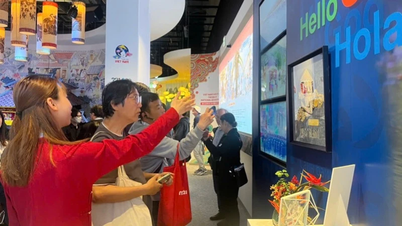
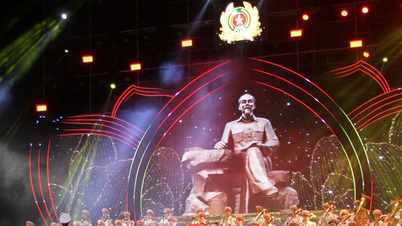




![[Photo] Discover the beautiful scenery of Wulingyuan in Zhangjiajie, China](https://vphoto.vietnam.vn/thumb/402x226/vietnam/resource/IMAGE/2025/5/11/1207318fb0b0467fb0f5ea4869da5517)
![[Photo] National Assembly Chairman works with leaders of Can Tho city, Hau Giang and Soc Trang provinces](https://vphoto.vietnam.vn/thumb/402x226/vietnam/resource/IMAGE/2025/5/11/c40b0aead4bd43c8ba1f48d2de40720e)
![[Photo] Prime Minister Pham Minh Chinh chairs the fourth meeting of the Steering Committee for Eliminating Temporary and Dilapidated Houses](https://vphoto.vietnam.vn/thumb/402x226/vietnam/resource/IMAGE/2025/5/11/e64c18fd03984747ba213053c9bf5c5a)
![[Video] Bringing environmental technology from the lab to life](https://vphoto.vietnam.vn/thumb/402x226/vietnam/resource/IMAGE/2025/5/11/57d930abeb6d4bfb93659e2cb6e22caf)
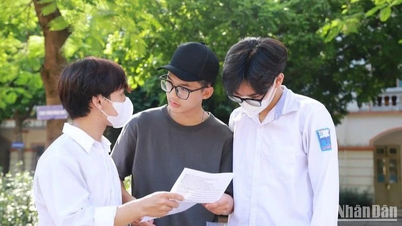
![[Video] Product risk classification: Solution to reform quality management, reduce burden for businesses](https://vphoto.vietnam.vn/thumb/402x226/vietnam/resource/IMAGE/2025/5/11/cbcd6b50805549a5bbb9e8e6354eda70)















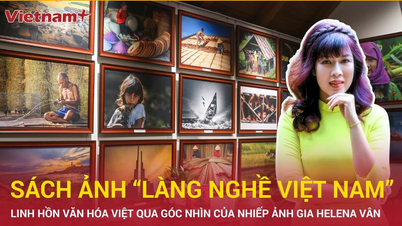















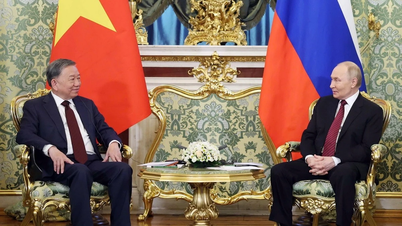
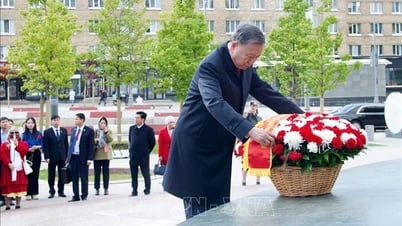

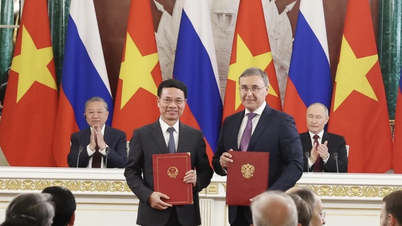

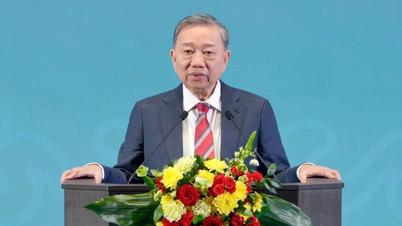













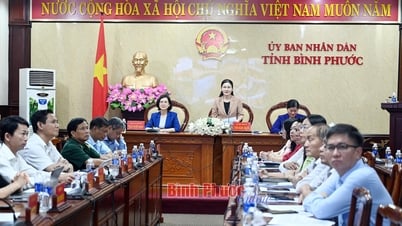




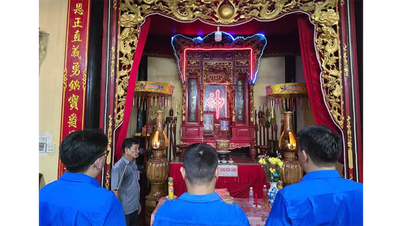

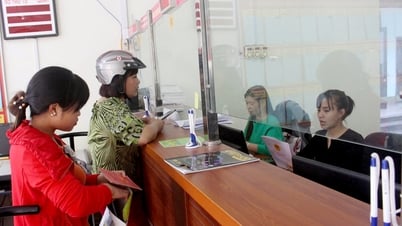











Comment (0)